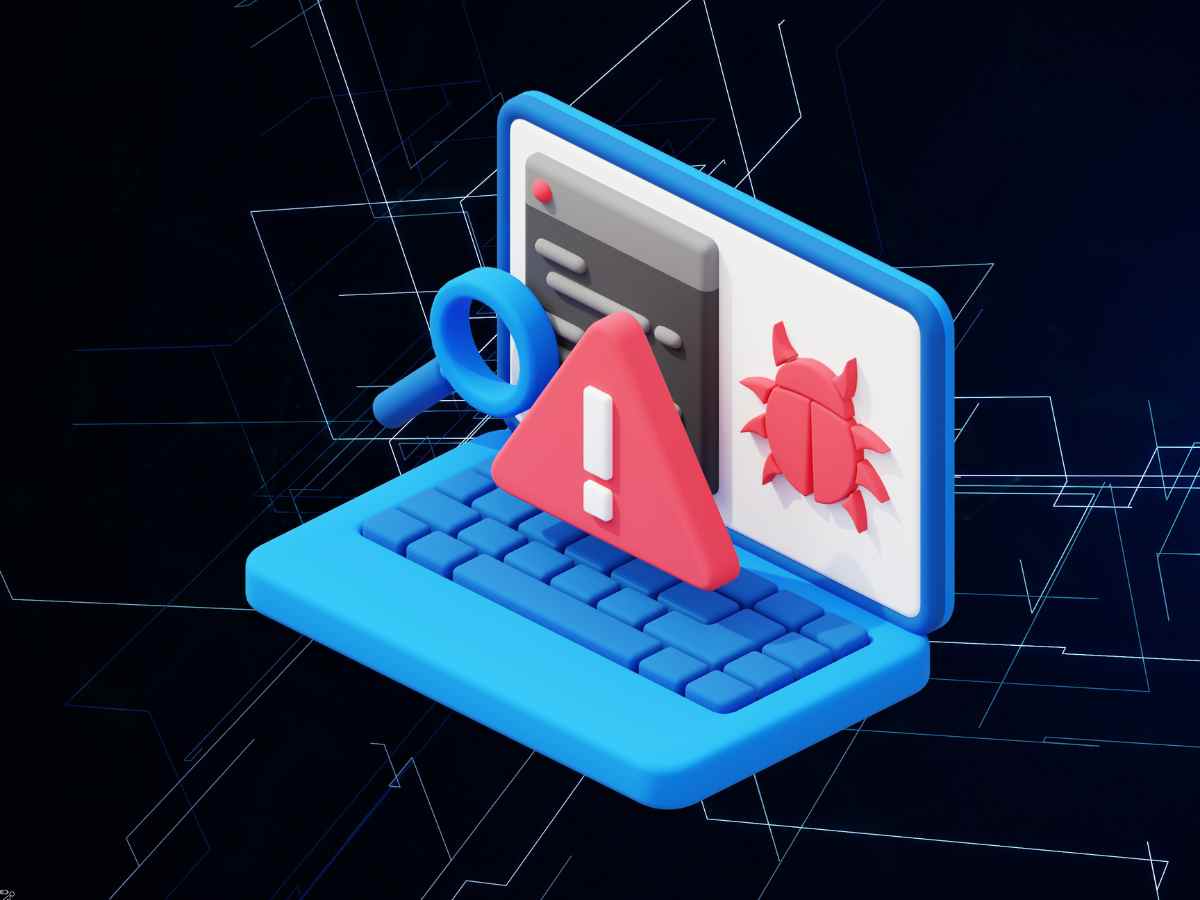A recent security compromise at OpenAI underscores the critical need for improved defenses against cyber threats that target AI companies, even though it is not a catastrophic event. The New York Times reported that the hack, described as a “major security incident” by former OpenAI employee Leopold Aschenbrenner, was confined to an employee discussion forum. Despite this, it underscores the inherent vulnerability of AI firms to cyberattacks.
AI companies like OpenAI hold massive amounts of valuable data, which makes them prime targets for hackers. This data includes high-quality training datasets, extensive user interactions, and sensitive customer information. For instance, imagine if a hacker accessed a treasure trove of ChatGPT conversations. These interactions offer deep insights into user behavior, preferences, and needs—data that is a gold mine for marketers and analysts.
Moreover, AI firms often handle proprietary customer data to fine-tune their models, including sensitive business information and internal databases. This access makes them custodians of industrial secrets, further increasing their attractiveness to cybercriminals.
Despite implementing industry-standard security measures, AI companies must continuously enhance their defenses. The evolving nature of cyber threats, now amplified by AI-driven attack tools, demands vigilance and innovation in cybersecurity practices.
The OpenAI hack is a vivid reminder that, even though the breach may appear minor, it exemplifies the persistent and escalating threat landscape that AI companies face. As custodians of increasingly valuable data, these firms must strengthen their defenses and protect their digital assets diligently.






